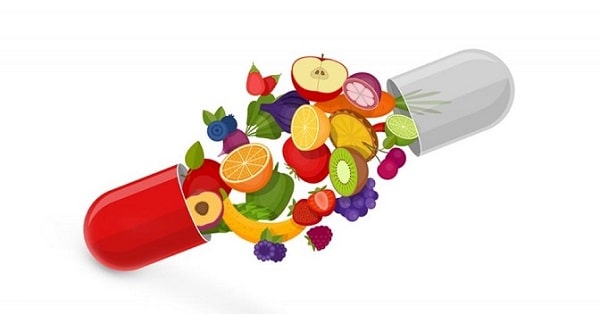One of the most important reactions of fat systems is oxidation. Occurrence of any oxidation in food is considered undesirable and leads to a decrease in the quality and shelf life of food products.
Synthetic antioxidants indicate their toxicity, high production costs, and low efficiency against some natural antioxidants such as tocopherols. For this reason, it has been banned in some countries, and due to the awareness of consumers about food safety, the need to identify natural antioxidants of plant origin has increased day by day.
Antioxidants
Antioxidants used in food should be non-toxic, effective in low concentrations and inexpensive, and make the least change in the color, smell and taste of food during processing.

History of antioxidants:
Using a substance to enhance the quality of a food has meant delaying the oxidation of fats for centuries.
Interestingly, the first report was about the use of natural antioxidants

Studies on natural antioxidants:
Citrus peel as a by-product of the juice industry is a research source of antioxidants.
In 2008, Dr. Pour Ahmadi studied the antioxidant activity of the inner skin of oranges in terms of biology, and the inner skin was extracted with ethanol, and finally concluded that this extract can be used as an antioxidant source to replace antioxidants.

Used synthetic oxidants in industry.
In a study conducted to evaluate the antioxidant capacity of Iranian essential oil and peppermint extract, they concluded that the ethanolic extract of peppermint had good antioxidant power against various oxidative systems. And can be available as a natural antioxidant.
In a study, DPPH radical was used to determine the antioxidant activity of soybean, corn, canola and olive oils. It was observed that soybean oil had the highest and olive oil had the lowest and the lipid part of olive oil had the lowest antioxidant activity.
It was also observed that the antioxidant activity of the ethanol part of olive oil is much higher than the ethanol part of other oils.
Soybean oil also has the highest heat resistance.
Natural antioxidants include Shirazi thyme, citrus peel, mint, cranberry, etc.
